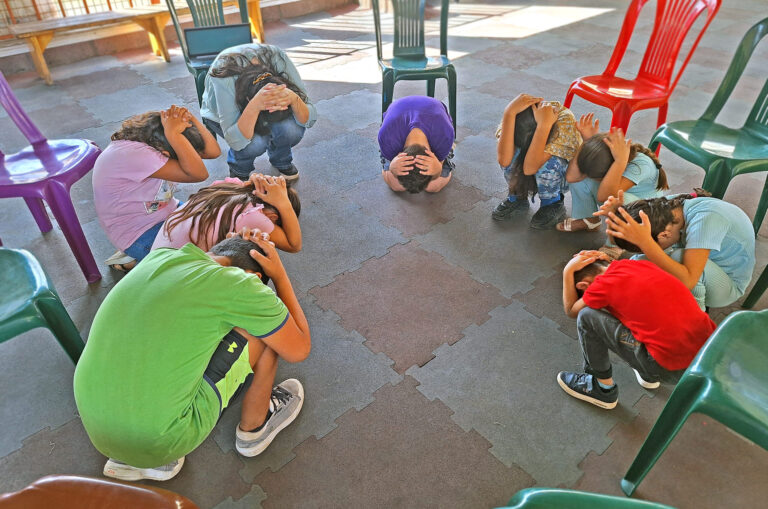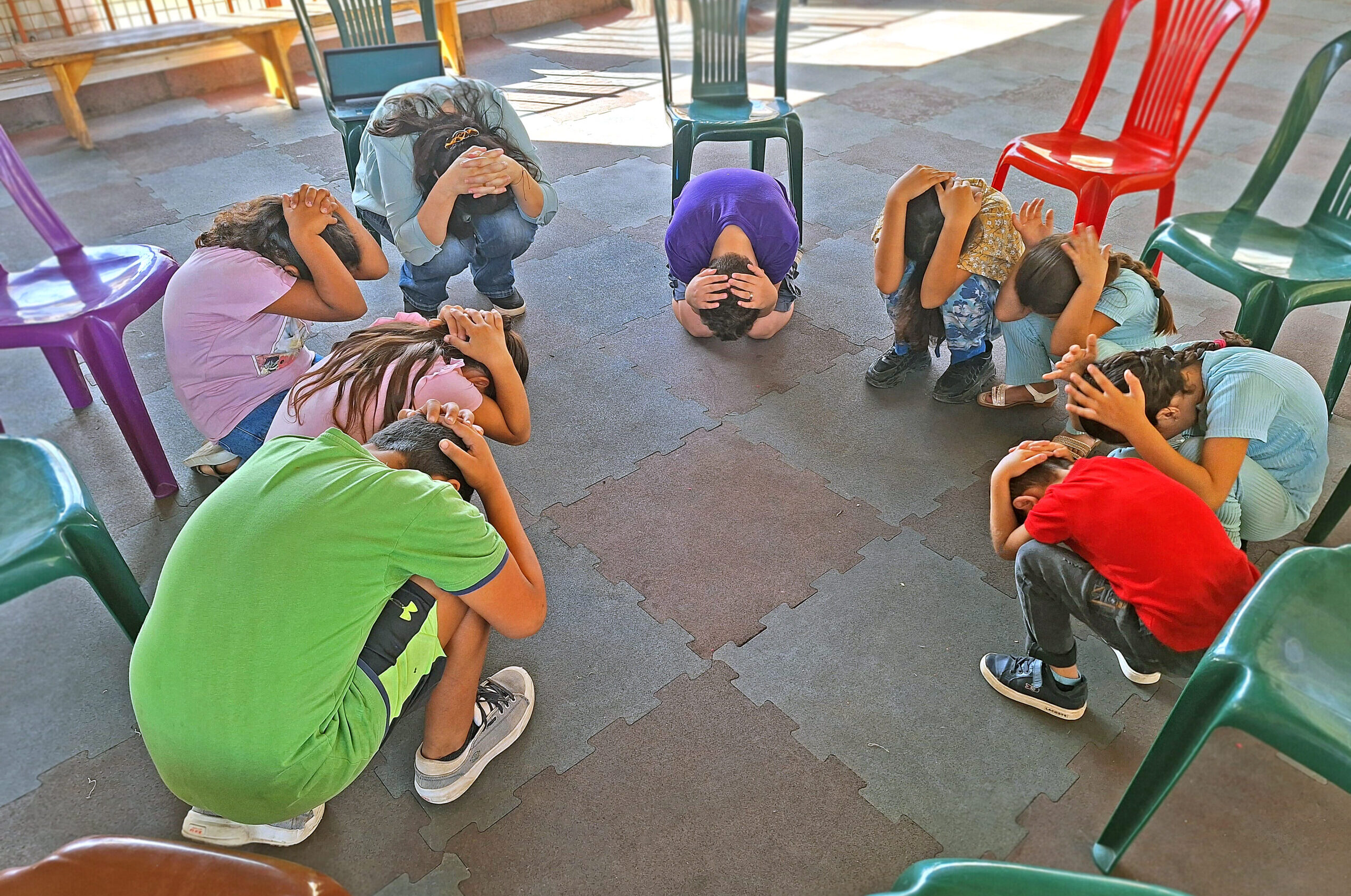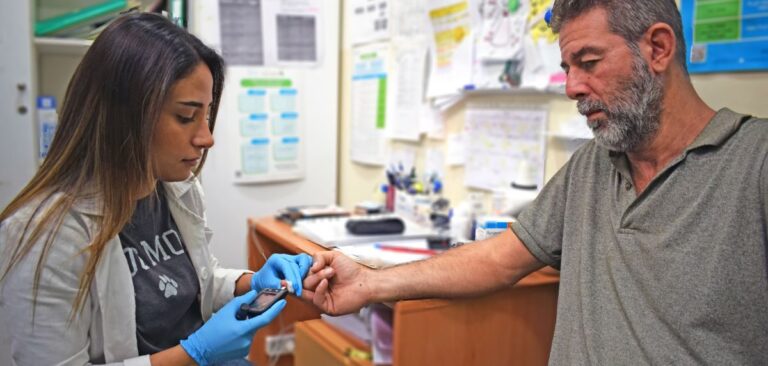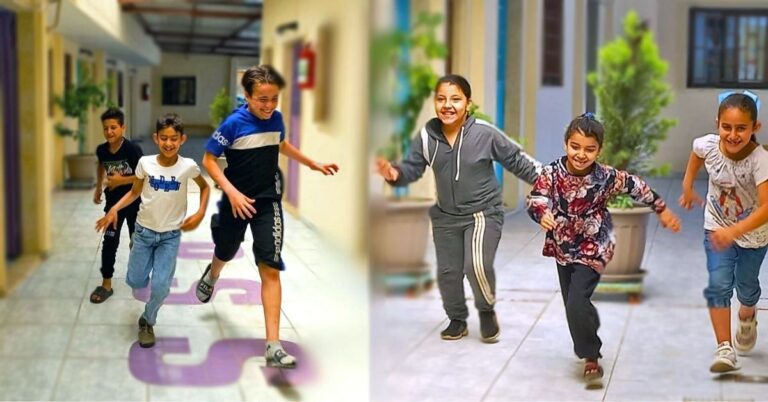
Tahaddi’s Response to Lebanon’s 2024 Conflict
February 07, 2025
In mid-September 2024, escalating violence along Lebanon’s southern border triggered a severe humanitarian crisis marked by widespread displacement, destruction, and suffering. Over 1.2 million people were forced to flee their homes within weeks—most from South Lebanon, the Bekaa Valley, and Beirut’s southern suburbs. Many sought refuge in public schools, makeshift shelters, or private homes, while others were left to sleep on the streets. Among those hardest hit were Lebanon’s most marginalized communities, including stateless individuals and refugees, who faced even harsher conditions due to longstanding discrimination and exclusion.
The attacks inflicted significant damage on homes, businesses, and critical infrastructure such as hospitals, schools, power plants, and water treatment facilities. By mid-November, the World Bank estimated economic losses had reached $8.5 billion. Key sectors, including education and healthcare, were severely affected. Hundreds of thousands of children experienced disruptions in their schooling as many educational institutions were damaged, destroyed, or converted into shelters, further intensifying the nation’s multifaceted crises.
In Beirut’s southern suburbs, the informal settlement of Hay El Gharbeh was deeply affected by the conflict. Although the neighborhood was not directly targeted, nearby areas—sometimes less than a kilometer away—were repeatedly attacked, creating serious security concerns. Approximately 80% of residents evacuated early, seeking safety elsewhere in Beirut, in other parts of Lebanon, or even abroad. Forced to leave in haste and with limited resources, these individuals faced enormous practical, mental, and emotional challenges under extreme stress.
During this turbulent period, Tahaddi faced significant operational challenges. Heightened security risks threatened both our site and our participants, and around 70% of our staff were directly affected—many were displaced or took in those in need, with some losing their homes or loved ones. Despite these obstacles, Tahaddi maintained a limited on-site presence with a dedicated skeleton staff to support the remaining community in Hay El Gharbeh and bolster our emergency response efforts.
In response to the crisis, Tahaddi swiftly adapted its operations to continue providing critical services. Our education center transitioned most programs to online learning, ensuring students could access education regardless of their location. The health center offered remote support for existing patients while mobilizing resources to provide medical care to displaced individuals in shelters. Our psychosocial center delivered essential aid and relief. It also provided online mental health support sessions for Tahaddi staff, along with wellbeing and life skills sessions for displaced children and mothers. Meanwhile, our Atelier and workshops produced thousands of blankets, pillows, and pillowcases, as well as dozens of wooden beds, for emergency relief. These challenging months marked the most severe crisis in nearly 30 years of Tahaddi’s service, yet our team persevered to support those in need.
After more than two months of violent conflict, a 60-day ceasefire came into effect in November, allowing many displaced residents to return home. As conditions stabilized, Tahaddi resumed full operations in Hay El Gharbeh and began addressing the emerging needs of the recovery phase. Unfortunately, the return was bittersweet for many, as residents discovered that looting had further compounded the trauma of violence and displacement.
The 2024 conflict has left lasting scars on Lebanon, intensifying existing challenges and creating new obstacles for the most vulnerable populations. Beyond urgent needs in health, education, and livelihoods, many individuals continue to bear the emotional and psychological toll of their experiences.
Throughout the crisis and its aftermath, Tahaddi has remained steadfast in its commitment to the community. We continue to stand with those affected, providing essential support as they rebuild their lives and work toward a hopeful future.





